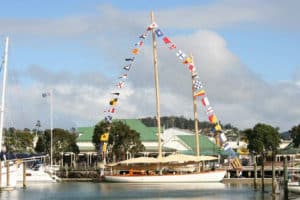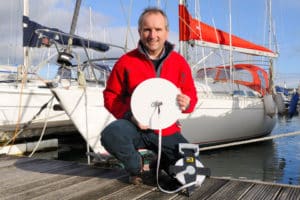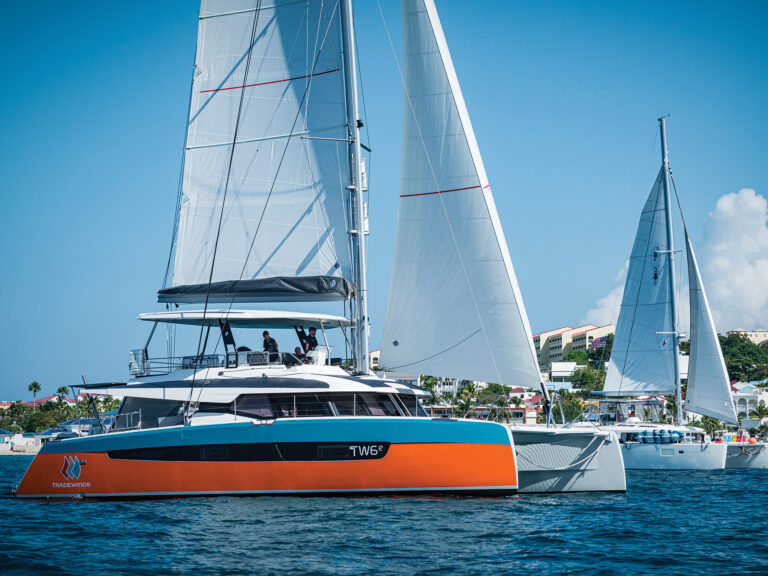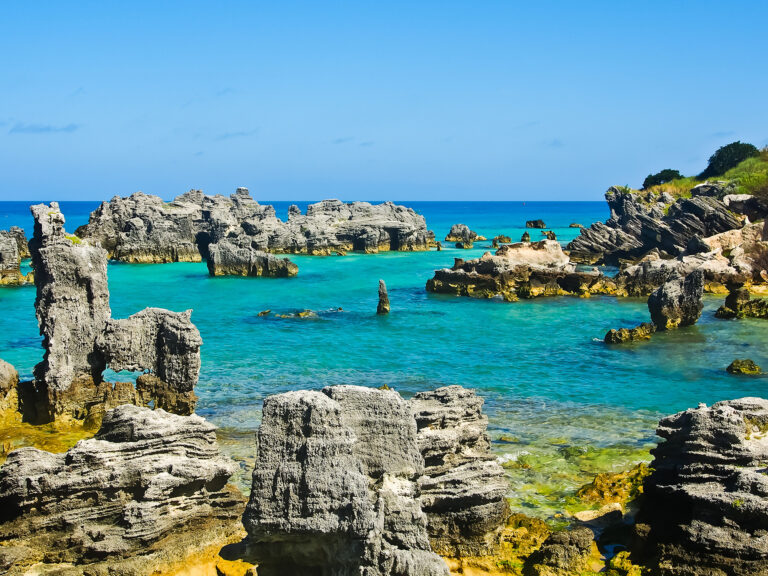CREW SELECTION
Crew selection is a very important part of offshore sailing and should be taken very seriously. Many skippers have different requirements for crew selection, but a common thread is to invite crew members who are easy to get along with, generally happy people and experienced sailors. It’s more important to select crew for what they bring to the table rather than just body count. I won’t invite my best friend just because he’s my best friend if I don’t think he/she is well suited for the type of voyage at hand.
You as the owner/skipper may and should be very familiar with most onboard systems including your diesel engine, but it’s nice to have another crewmember who has the ability to think like a ship’s engineer who you can count on to help trouble shoot any mechanical or system problems. When selecting crew, having a crew member with current medical training is a real plus. Try to have a few offshore experienced sailors onboard and the remainder of the crew should consist of good experienced sailors. After just one passage, they will probably find they love offshore sailing.
WATCH SCHEDULES
There are many variations of watch schedules but the important ingredient is that all crew members are able to get into a routine that affords an adequate amount of quality sleep. People will become somewhat fatigued but after a few watches they will fall into the groove of the watch schedule. From a safety and performance standpoint, quality sleep is as important as keeping the boat moving.
FOOD
A well fed crew is a happy crew! Keeping the crew well fed with warm, satisfying and nutritious meals requires good planning. It may be helpful to do a lot of your provisioning by buying in bulk. The easiest method is to pre-plan each meal and draw up a meal plan for each day which gets posted in the galley. The meal plan outlines each meal for the duration of the passage. If each crew members has a turn in the galley he knows exactly what’s on the menu for the day.
Unless someone takes the lead and chooses to cook most of the time, everyone is usually on their own for preparing their own breakfast. The person coming on watch usually prepares lunch and the same is true for dinner preparations. If a single crew member takes the lead on meal preparations be sure to cover their watch while they’re preparing dinner. Relieve the cook from clean-up.
It’s very helpful to everyone if the provisioning inventory is listed in the “Ship’s Book” and categorized by where things are stored. For instance, you would list the various storage lockers and what’s stored in each locker. You may list the locker as Port 1, Port 2, Port 3 and so on. Additionally, taping the inventory sheet onto each locker displaying its contents will create fewer disruptions to the off watch who is sleeping. However, the primary inventory sheet should be located in the “Ship’s Book.”
ONBOARD RESOURCES
If racing, don’t run the boat so light on water and fuel to save weight that you run the risk of being without. When sailing offshore we never use the pressure water system for fear that a faucet may get left in the on position. When the pressure water switch is put in the on position, an open faucet could empty your tanks in short order. If you have fresh water foot pumps, use them exclusively when offshore. If you don’t have fresh water foot pumps, leave the pressure water system shut off until its needed and then shut it off again after use.
Keep a daily check on your weather resources. Well before departure, calibrate your barometer with the local barometric pressure and log the barometer reading with every off going watch. Although the barometric pressure is important in short term weather forecasting, pay particular attention to the trend of the barometric pressure and more importantly its rate of change. Consider taking a weather course for mariners and learn what the clouds, wind direction and barometer trend is telling you. There is a lot of weather information available online as well as in Chapman’s.
FLOAT PLAN
**
**
Develop a complete comprehensive float plan detailing who the contact person is for each sailor, including home phone numbers, cell phone numbers and email addresses for the contact person who is at home. Provide each of the contact people with the name, phone number and email address of the person who would be contacted by the Coast Guard if the EPIRB needs to be activated.
PRE-DEPARTURE CREW MEETING
Develop in writing a format to follow for your pre-departure crew meeting and stick to it. This is NOT a quickie crew meeting; you will spend several hours in this orientation meeting. Even if some of the crew already knows the boat, this is a mandatory meeting. The crew meeting will be a complete orientation for everyone with duties pre-assigned in the event of an onboard emergency. This is also the time to review what you expect to be noted in the log book at the end of each watch, including how frequently the bilge should be inspected, wind speed, wind direction, barometric pressure etc. Provide a complete review of all systems and you as the skipper will sleep better and woken up less knowing others have a good idea on how the systems function.
The first day out, anxieties are generally high, you may sailing in rough conditions and crew members may feel a little queasy. Keeping a bucket with a lanyard attached in the cockpit is helpful if someone is going to be seasick. Using a bucket with a lanyard is much safer than hanging over the leeward rail and the cleanup is easy by washing the bucket over the side with the lanyard attached. Another important area of on deck safety is having a strict rule of men not relieving themselves from the rail. This is a very dangerous practice and should not be tolerated on any boat.
WATCH OUT FOR FATIGUE
Getting a sufficient amount of rest and preventing fatigue begins early in the voyage. The first day of an offshore passage is exciting and everyone likes to be on deck. Also, were not accustomed to going to sleep during normal waking hours. For the safety of everyone and to reduce fatigue, it’s important that the off watch crew tries to get some sleep or at least get some rest so they don’t begin the voyage already fatigued and behind the curve from staying on deck when they’re not on watch.







